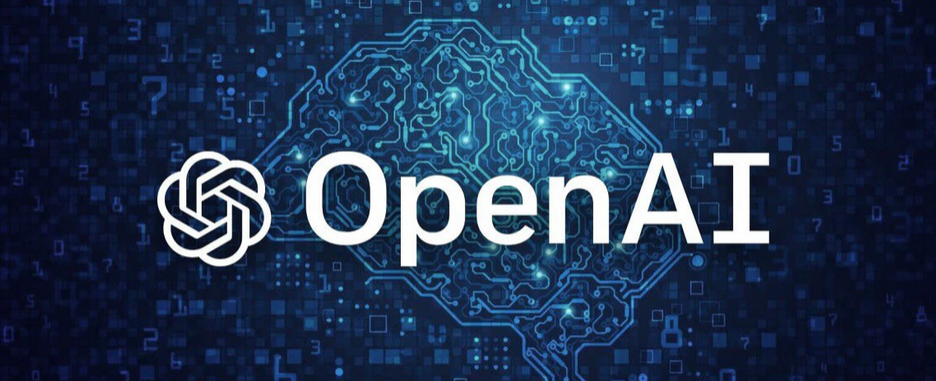
OpenAI Revolutionizes AI Research with Game-Changing Deep Research Agent
Estimated reading time: 6 minutes
Key Takeaways
- Deep Research dramatically reduces research time from days to mere minutes.
- The agent autonomously navigates, verifies, and synthesizes information into reports exceeding 10,000 words.
- In tough benchmark tests, it beat models like DeepSeek’s R1, Google’s Gemini Thinking, and xAI’s Grok 2.
- OpenAI pairs innovation with a sharp focus on security challenges such as prompt injection.
- The launch signals a broader shift from chatbots to fully fledged autonomous agents.
Table of contents
- OpenAI Revolutionizes AI Research
- Key Takeaways
- Deep Research: A New Era of AI-Powered Research
- How Deep Research Transforms the Research Landscape
- Beyond Deep Research: OpenAI’s Expanding Product Universe
- Addressing Security Challenges Head-On
- AI Progress and Recommendations
- The Evolution from Chatbots to Autonomous Agents
- Looking Ahead: Implications for the Future
- Conclusion
- Frequently Asked Questions
Deep Research: A New Era of AI-Powered Research
*“What once took humans 30 days now takes our agent 30 minutes.”* Those words from Kevin Weil, OpenAI’s Chief Product Officer, capture the paradigm shift. Deep Research is embedded directly into ChatGPT, allowing users to issue a single prompt and receive a fully formatted, citation-rich paper—sometimes longer than a master’s thesis.
How Deep Research Transforms the Research Landscape
- Autonomously surfs the web, filtering out unreliable sources.
- Employs multi-step reasoning to verify facts *before* writing.
- Generates structured narratives with bullet points, tables, and in-line citations.
- Provides full bibliographies, enabling immediate peer review.
The result is **unprecedented efficiency** in academic, business, and scientific workflows.
Beyond Deep Research: OpenAI’s Expanding Product Universe
The 2025 lineup—OpenAI Platform, Sora, Responses API, Operator, Realtime API, and Agents SDK—shows how quickly the company is moving toward a unified AI ecosystem.
Addressing Security Challenges Head-On
On November 7 2025, OpenAI openly discussed security challenges like prompt injection, calling them a “frontier issue.” By acknowledging vulnerabilities publicly, the company underscores a commitment to *responsible* AI deployment.
AI Progress and Recommendations
A day earlier, OpenAI outlined its vision for *responsible progress*, tying breakthroughs to fair and ethical AI development. Transparency, human oversight, and iterative safety testing remain guiding principles.
The Evolution from Chatbots to Autonomous Agents
Deep Research exemplifies the leap from conversational bots to *true* autonomy. For a broader view of the shift, explore OpenAI’s work on autonomous assistants that handle complex, multi-step tasks without continuous human input.
Looking Ahead: Implications for the Future
- Faster academic literature reviews for scholars and students.
- Real-time market intelligence for businesses.
- Comprehensive reports for healthcare, law, and policy analysis.
- Enhanced educational tools that personalize learning resources.
- Ripple effects across industries, aligning with broader AI innovations and future applications.
Conclusion
OpenAI’s Deep Research is more than an incremental update—it is a *watershed moment* that redefines what AI can accomplish autonomously. Coupled with transparent security efforts and ethical guidelines, the launch sets a high bar for the entire industry.
Frequently Asked Questions
What exactly can Deep Research produce?
It can draft full-length, citation-rich research papers, executive summaries, data tables, and bibliographies—often exceeding 10,000 words.
How does OpenAI mitigate misinformation?
The agent cross-checks multiple reputable sources, flags inconsistencies, and adheres to OpenAI’s layered verification protocols.
Is Deep Research available to the public?
A controlled rollout is underway for ChatGPT Enterprise users, with broader access planned once safety evaluations are complete.
Bildquelle:Bildquelle

